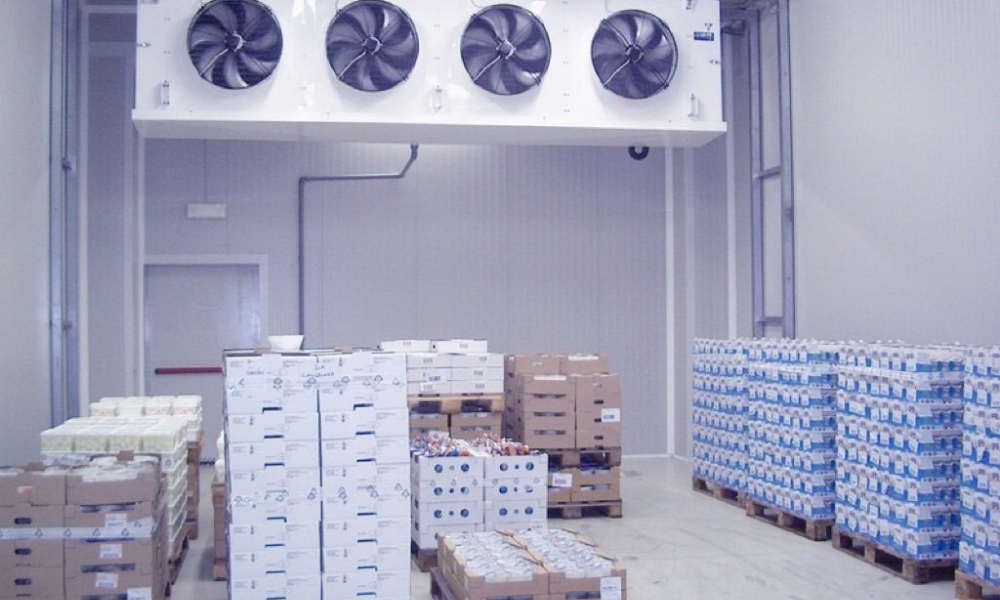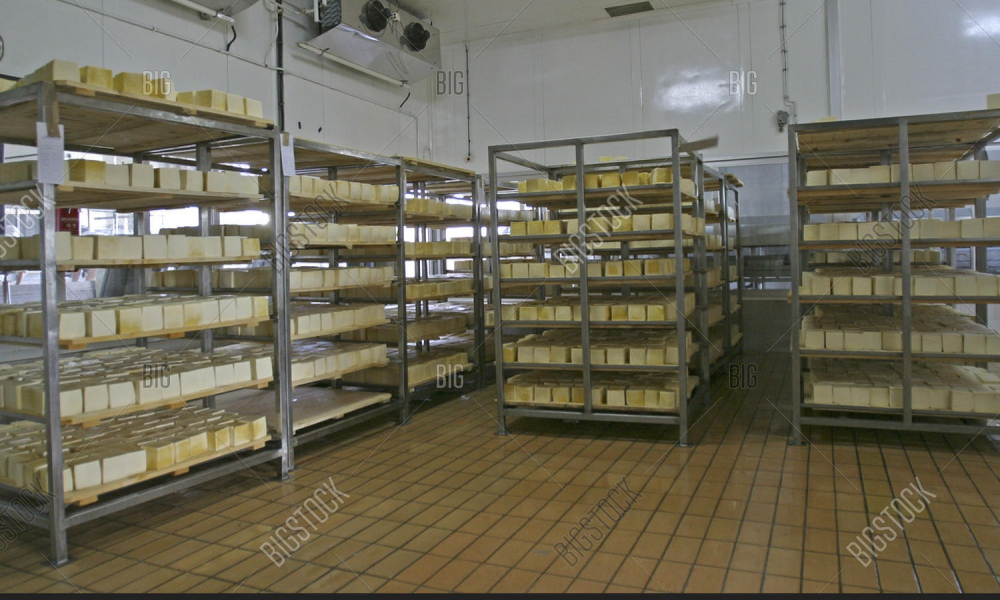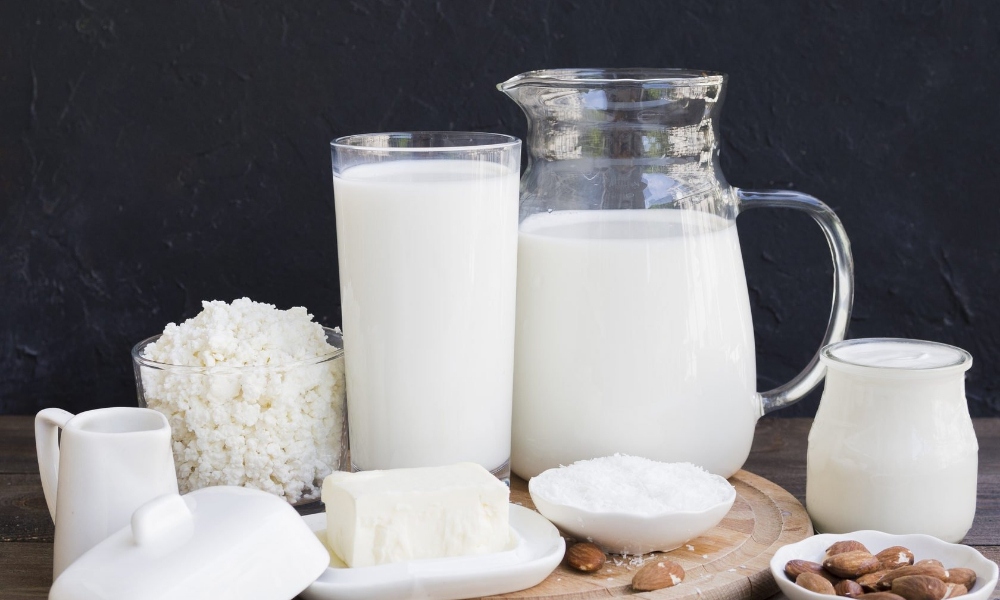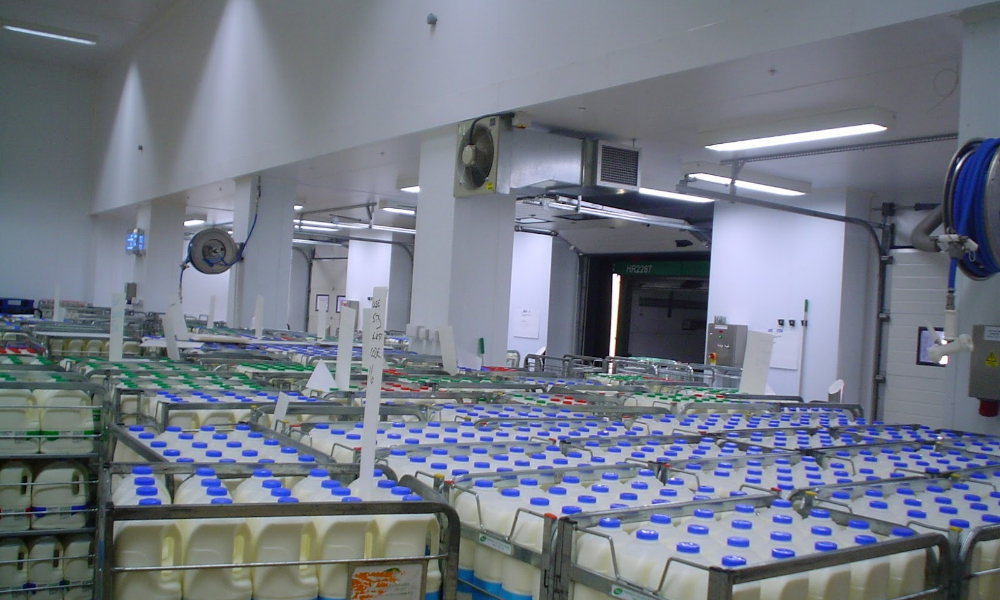All About Dairy Cold Storage
Ideal Conditions and Key Points for Dairy Cold Storage
Dairy products, including cheese, yogurt, butter, and other similar items, are vital for human health due to their nutritional value, especially in terms of protein and calcium. These products are an essential part of people's diets.
Due to the sensitivity of dairy products to temperature and humidity, dairy cold storage plays a critical role in maintaining their quality and food safety. Dairy products, with high water content and organic materials, are susceptible to temperature and humidity changes, and without proper storage, they may quickly spoil or lose their nutritional value.
Thus, the role of dairy cold storage is of great importance. Considering the significant role of dairy products in meeting dietary and health needs, using these facilities to preserve and maintain the quality of these food products is essential.
Methods for Storing Dairy Products in Cold Storage
The methods for storing dairy products vary depending on the type of product and environmental conditions. These methods include:
- Storage of Fresh Dairy Products For fresh dairy products like yogurt, buttermilk, fresh cheese, and milk without preservatives, a high sub-zero temperature of 0-4 degrees Celsius is required to prevent early spoilage. These fresh dairy products typically have a neutral taste and are mainly consumed raw or used as raw materials in other products, making them highly sensitive.
- Storage of Frozen Dairy Products Products like cheese, yogurt, and ice cream can be stored frozen in cold storage at temperatures ranging from -18 to -25 degrees Celsius. This not only preserves the quality and taste of these products but also prevents unwanted changes in their structure.
Relative Humidity Required for Dairy Products
- Fresh Dairy Products: They need a high relative humidity environment (usually between 80-90%) to prevent drying out and moisture loss. If the humidity is too low, fresh dairy products may dry out and lose quality.
- Frozen Dairy Products: They require an environment with lower relative humidity (usually between 50-70%) because high humidity may cause frost or steam formation, affecting the texture and quality of packaged frozen products.
How Long Can Dairy Products Be Stored in Cold Storage?
The storage duration of dairy products depends on the type of product, storage conditions, and preservation methods. Fresh dairy products can generally be stored for a few days, but with suitable refrigeration and optimal conditions, this period can extend to a few weeks. Frozen dairy products can be stored for much longer periods, as low temperatures in freezers help maintain quality and safety for months or even years. However, the exact storage duration may vary based on packaging condition, product health, and changes in storage conditions.
Technical Features of Dairy Cold Storage
Dairy-specific cold storage units usually come equipped with intelligent temperature and humidity control systems. These systems use sensors and smart devices to monitor and control temperature and humidity, maintaining optimal storage conditions for dairy products.
Additionally, dairy-specific cold storage units should be made from materials and equipped with tools that can withstand various conditions such as temperature, humidity, and hygiene standards. This includes using antibacterial, anti-corrosive materials to ensure the quality and safety of dairy products throughout the storage period. Consequently, dairy cold storage units can provide optimal storage conditions, preventing spoilage and quality degradation.





